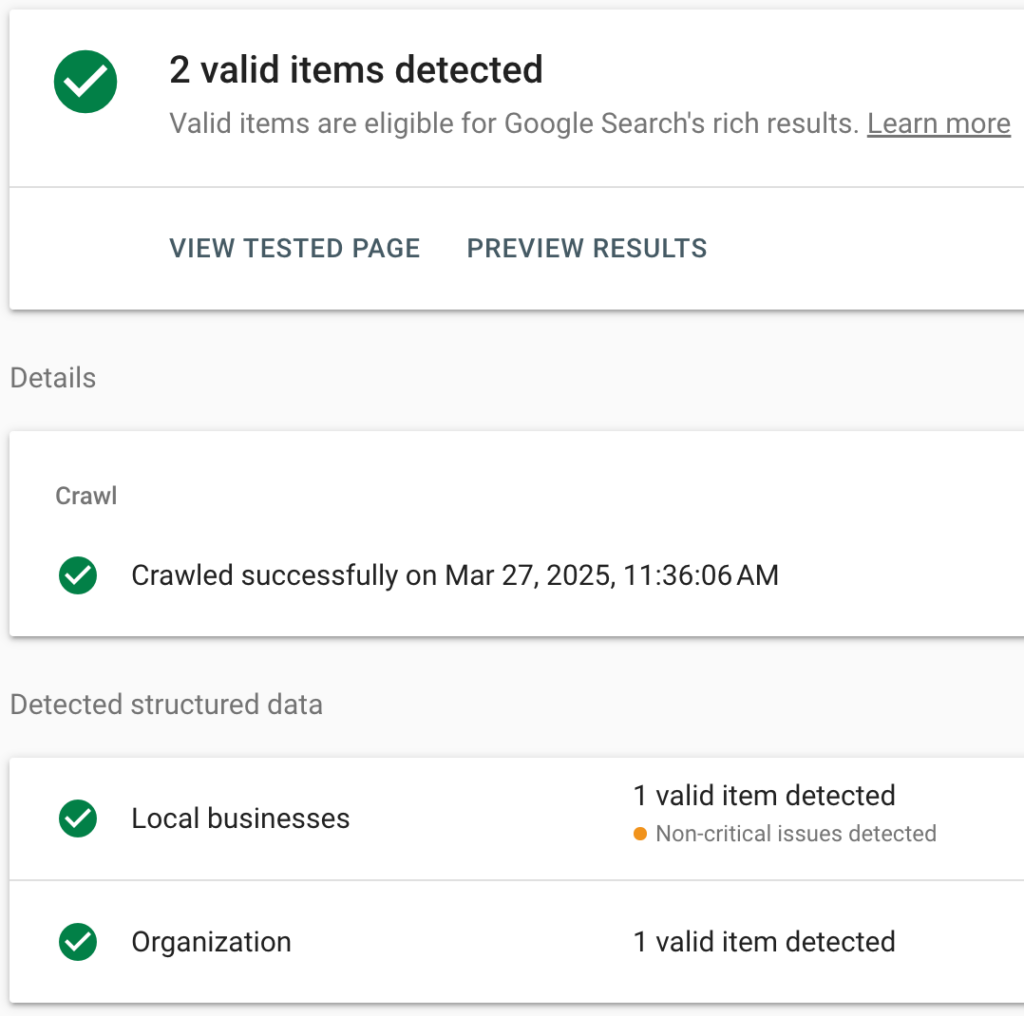SEO/SERP
S.E.O / S.E.R.P Enhancement
SEO, SERP, and Structured Data are critical elements for optimizing websites and improving their visibility in search engine results. SEO, or Search Engine Optimization, involves a range of techniques to make a website more discoverable and relevant to search engines like Google. This includes optimizing page titles, headings, content, and meta tags to target specific keywords that users are searching for. A site’s SERP, or Search Engine Results Page, ranking is heavily influenced by effective SEO. Appearing higher in the SERP, especially on the first page, dramatically increases click-through rates and organic traffic. Structured data is another key piece of technical SEO.

SEO
Search Engine Optimization
Optimizing your content helps search engines understand it and enables users to find your site more easily. This allows users to better evaluate whether to visit your site through search engine results.

SERP
Search Engine Results Page
A SERP (Search Engine Results Page) is the webpage that a search engine, such as Google, generates to display the results of a user's search query. This includes both organic and paid listings, as well as images, videos, and other features.

Structured Data
Structured data uses a standardized format to provide information about a web page and categorize its content. For instance, on a recipe page, structured data could specify the ingredients, cooking time and temperature, calorie count, and other relevant details.
Structured Data Results
Requesting Structured Data results pages can help you understand how Google and other search engines perceive your website. As a local business, it’s crucial to ensure your website has the proper structured data so Google recognizes your location within the area.
